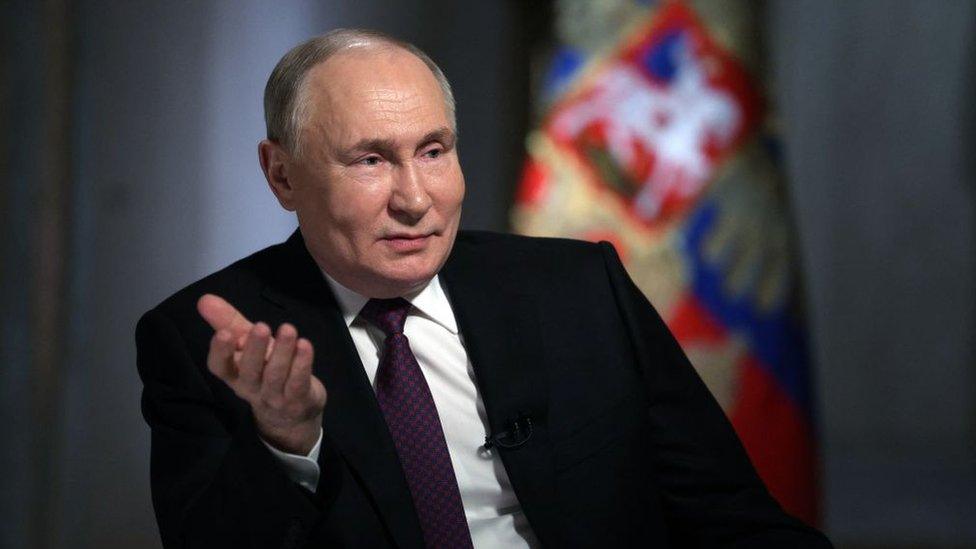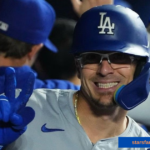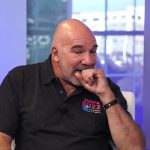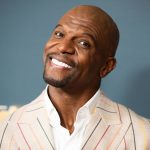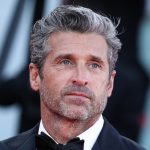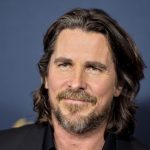Early Life and Rise Through the Ranks
Vladimir Putin, born on October 7, 1952, in Leningrad, Soviet Union (now Saint Petersburg, Russia), emerged from modest beginnings to become one of the most influential and enigmatic leaders of modern times. His early life was shaped by the post-war environment of scarcity and discipline. As a young man, he studied law at Leningrad State University, where his interest in governance and state affairs began to develop. Following his graduation, Putin joined the KGB, the Soviet Union’s intelligence agency, where he worked as an officer for many years. This period provided him with valuable experience in strategy, secrecy, and control—skills that would later define his political career. His service in East Germany during the Cold War strengthened his understanding of global politics and state power. After the collapse of the Soviet Union, Putin transitioned into local politics in Saint Petersburg, marking the start of a career that would lead him to the highest office in Russia.
The Path to Leadership
Putin’s ascent in Russian politics was both rapid and calculated. He joined the administration of Saint Petersburg’s mayor in the early 1990s, building networks and earning a reputation for efficiency and loyalty. By the late 1990s, his organizational skills and commitment to the state drew the attention of President Boris Yeltsin, who appointed him as the head of the Federal Security Service (FSB), the successor to the KGB. In 1999, Putin became prime minister, and shortly after, Yeltsin unexpectedly resigned, naming Putin as acting president. This transition marked the beginning of a new era in Russia, one defined by stability, centralization of power, and economic growth after the chaotic post-Soviet years. Putin officially became president in 2000 and quickly consolidated his influence over the government, military, and economy.
Economic Expansion and Power Consolidation
During Putin’s first two terms as president, Russia experienced substantial economic growth, largely driven by rising oil and gas prices. The country’s vast natural resources, particularly in energy, became a pillar of national wealth. Putin strategically used this to strengthen Russia’s global standing while stabilizing the domestic economy. He nationalized key industries, placed loyal figures in charge of major companies, and tightened state control over the oligarchs who had profited immensely during the 1990s. This period transformed Russia from a struggling post-Soviet state into an emerging global power. Putin’s approach was pragmatic—he prioritized stability over rapid reform, ensuring that the government retained firm control over wealth distribution and industrial sectors.
The Mystery of Putin’s Net Worth
One of the most debated topics surrounding Vladimir Putin is his true net worth. Officially, his declared income and assets have been relatively modest, typically showing only a few properties, a small apartment, several cars, and an average annual salary for a head of state. However, analysts and financial observers have long speculated that Putin’s actual wealth is far greater, potentially making him one of the richest individuals in the world. Estimates vary widely, ranging from tens of billions to over a hundred billion dollars. Much of this speculation arises from his close ties with major Russian corporations, particularly in energy, banking, and defense. Some believe he controls vast holdings indirectly through loyal associates and trusted oligarchs. While there is no definitive proof of these claims, the scale of influence he exerts over Russia’s most profitable enterprises suggests access to immense financial resources.
Control of Strategic Industries
Putin’s power is deeply intertwined with Russia’s energy sector, especially oil and natural gas. Companies like Gazprom and Rosneft have long been under the government’s sphere of influence, and their leaders are often individuals loyal to him. Through these networks, Putin effectively controls the flow of the nation’s wealth. His ability to dictate energy policy, pricing, and international deals gives him leverage not only domestically but also globally. Europe’s reliance on Russian energy has long been a tool of political negotiation, allowing Putin to project power beyond Russia’s borders. The combination of political authority and control over natural resources has created an environment where wealth and power are inseparable, reinforcing Putin’s unmatched dominance within the Russian elite.
Luxury and Lifestyle Speculations
Despite his official image of modesty and discipline, reports have frequently surfaced about Putin’s access to luxurious assets and properties. These include a grand estate on the Black Sea coast, often described as a palace, multiple private jets, luxury yachts, and a collection of high-end watches. Whether these assets are officially owned by him or controlled through intermediaries remains unclear. Putin maintains a public persona of simplicity, portraying himself as a patriot dedicated to the Russian state rather than personal wealth. Nevertheless, the lifestyle associated with his inner circle and the secrecy surrounding his finances have fueled global curiosity about the true extent of his fortune. His wealth, if accurately measured, is believed to be concealed through layers of corporate structures, shell companies, and trusted associates, making it nearly impossible to quantify definitively.
Political Longevity and Influence
Few modern leaders have maintained political dominance as long as Vladimir Putin. Serving as both president and prime minister over the past two decades, he has become synonymous with Russian politics. His ability to maintain control despite internal and external pressures demonstrates not only his political skill but also the structure of governance he has built. Through constitutional amendments, he has extended his potential to remain in power well into the 2030s. His leadership style is characterized by strategic pragmatism, calculated risk-taking, and an emphasis on national pride and sovereignty. By positioning himself as the defender of Russia’s interests against Western influence, he has sustained broad domestic support despite economic challenges and international sanctions.
The Global Impact of Putin’s Policies
Putin’s influence extends far beyond Russia’s borders. His foreign policy has reshaped global geopolitics, emphasizing a multipolar world where Russia acts as a counterbalance to Western powers. Under his leadership, Russia has reasserted its presence in the Middle East, Africa, and Eastern Europe. His strategic decisions, such as the annexation of Crimea and involvement in global conflicts, have defined his image as a leader determined to restore Russia’s status as a superpower. These actions have had significant economic implications, both positive and negative. Sanctions imposed by Western nations have targeted Russian industries and individuals, but Putin has adapted by strengthening ties with non-Western economies and promoting economic self-sufficiency.
Philosophy and Leadership Approach
Putin’s approach to leadership blends traditional Russian nationalism with pragmatic governance. He values control, loyalty, and strength, qualities that have shaped his domestic and international policies. He presents himself as a guardian of Russian culture and tradition, often appealing to historical pride and unity. His leadership has been described as a balance between authoritarian control and strategic flexibility. Putin’s ability to maintain stability, even amid crises, has made him both respected and controversial. He emphasizes discipline and resilience, traits that have not only guided his political decisions but also shaped his image as a leader capable of navigating complex global challenges.
Legacy and Continuing Influence
Vladimir Putin’s legacy is multifaceted—part statesman, part strategist, part mystery. His impact on Russia’s political and economic landscape is profound, having transformed the nation into a global power center once again. Whether admired or criticized, his leadership has defined an era of stability, assertiveness, and national identity. The question of his true net worth may never be fully answered, but what remains undeniable is his unparalleled influence. Putin’s wealth, whether financial or political, lies in his control over a vast nation, its industries, and its destiny. As he continues to shape Russia’s path, his story remains one of the most compelling in modern history—a testament to the enduring power of ambition, discipline, and strategic mastery.
Conclusion: The Enigma of Power and Wealth
Vladimir Putin stands as one of the most powerful figures of the 21st century, his wealth measured not only in material terms but in influence and control. His leadership has redefined Russia’s position in the world and solidified his place among the most significant global leaders of modern times. The mystery surrounding his fortune only amplifies the intrigue of his persona, blending politics, power, and secrecy into one of the most fascinating narratives in contemporary history. Whether viewed as a national hero or a controversial autocrat, Putin’s legacy will continue to shape the future of Russia and global politics for generations to come.
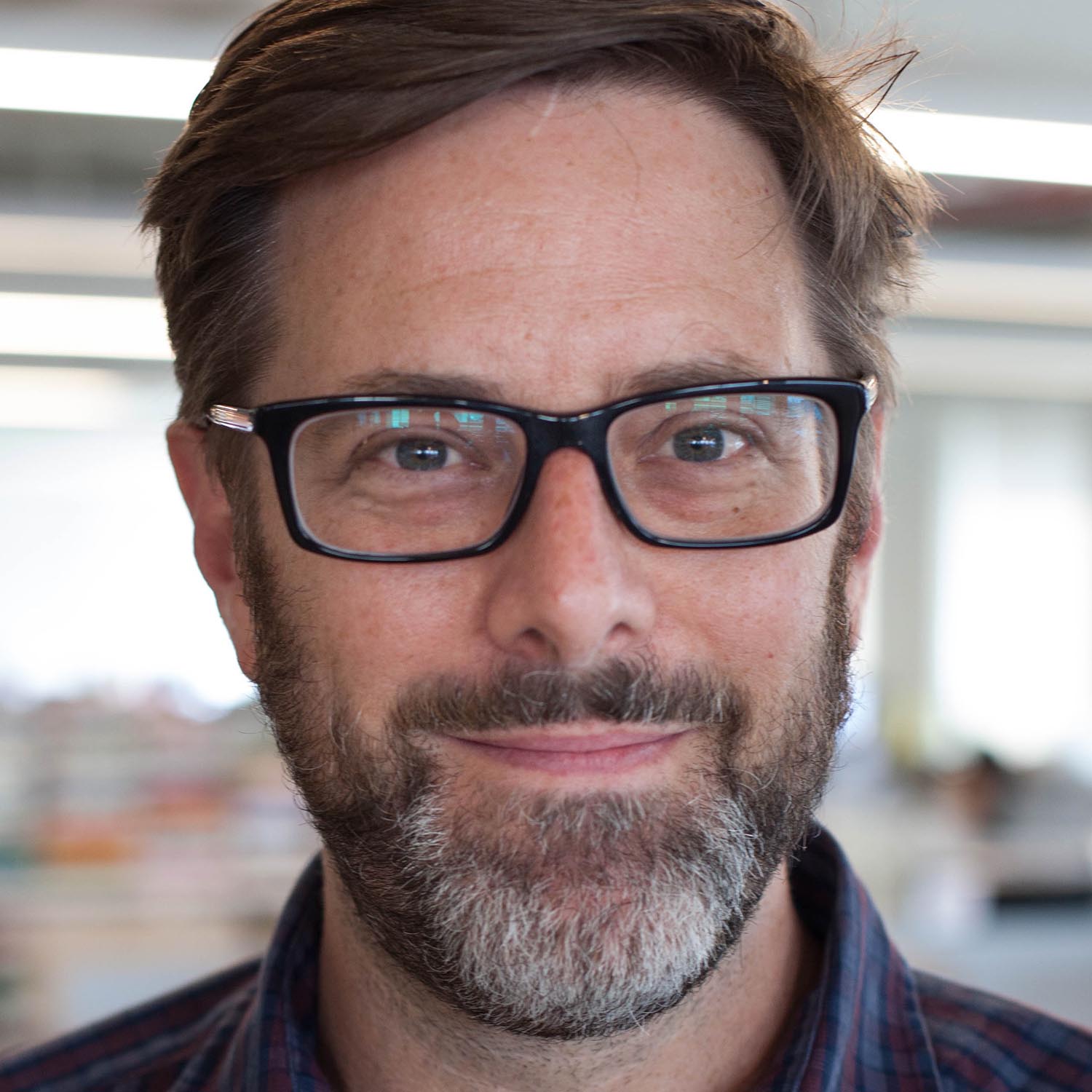
Starsfame delivers accurate celebrity news, exclusive updates, and inspiring stories about your favorite stars.
